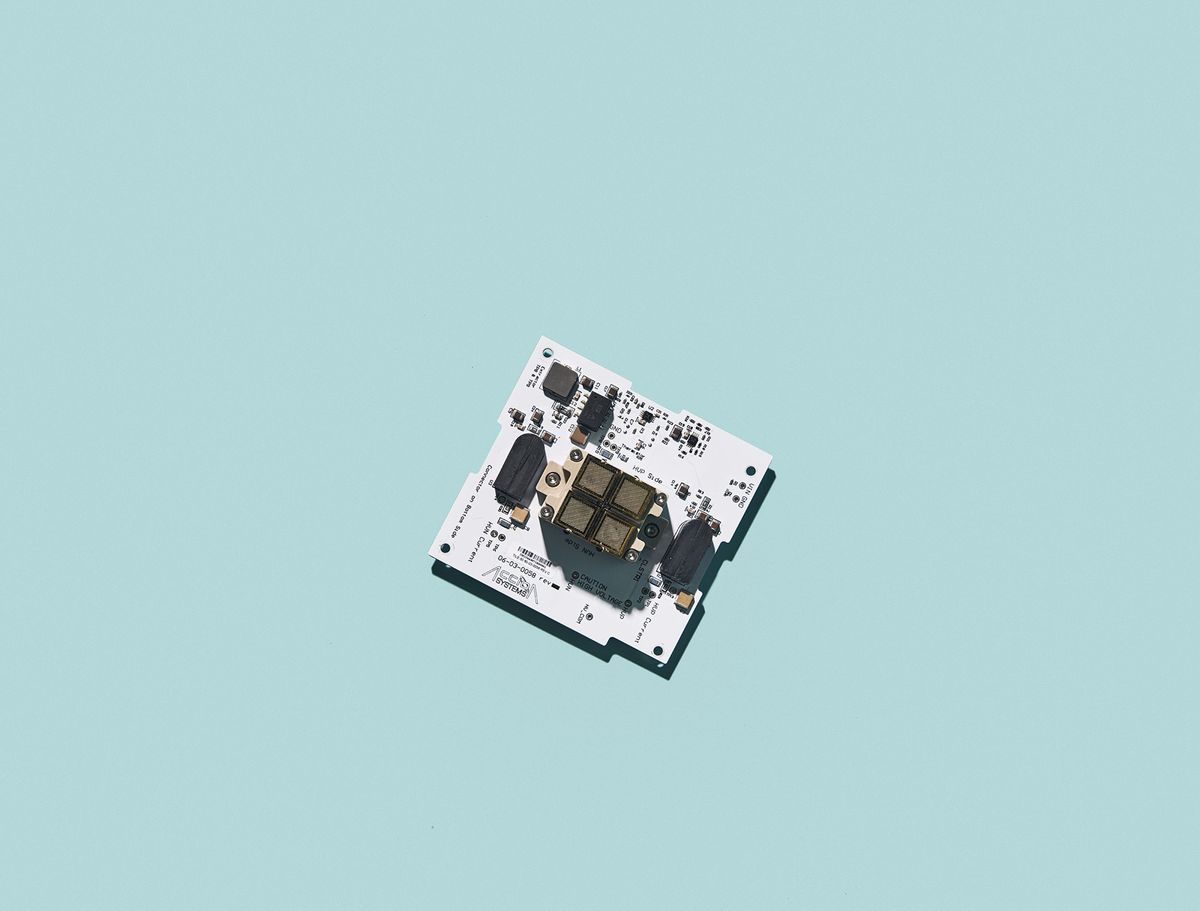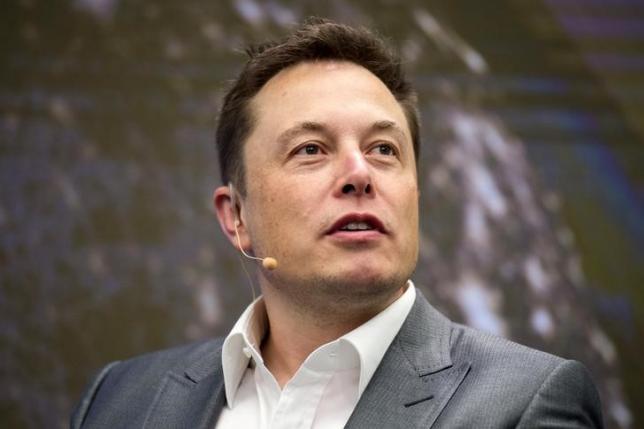The country isn’t a world leader in autonomous or electric vehicles, but it’s all in on putting cars in the sky.
The news: Japan announced today that it’s bringing together 21 companies and organizations, including big hitters like Uber, Boeing, Airbus, Cartivator, and Japan Airlines, to bring aerial vehicles to the skies within 10 years.
The challenge: The government said it will address one of the major things holding back flying cars: regulation. “The Japanese government will provide appropriate support to help realize the concept of flying cars, such as creation of acceptable rules,” the ministry said. If Japan is able to quickly establish a legal system in which flying cars can function, it could get a jump start over countries like the US, whose Federal Aviation Association has been notoriously slow-moving on things like drone regulation.








